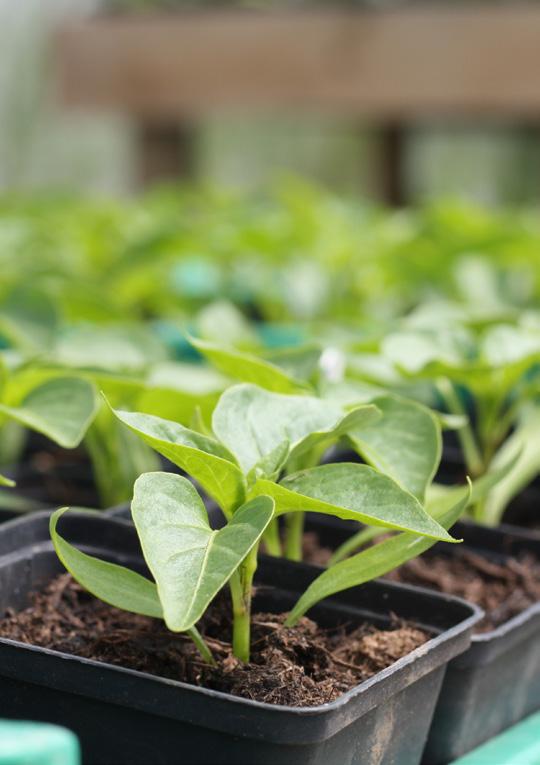Breaking the climate budget and polluting our planet ‘ The bottom line is that the changing climate is already hammering forests around the world, and future impacts could become severe enough to negate forests’ ability to sequester carbon altogether.’1 Gabriel Popkin, Yale E360, July 2020
If business as usual continues, by 2030 the livestock
the growth of coastal ‘dead zones’ – areas of low
sector will have spewed out almost half (49%) of the
oxygen concentration in estuaries and seas that
total quantity of greenhouse gases that human activity
suffocate and ultimately kill fish and much other
worldwide can emit from now on if global warming is
marine animal life8), these have a significant climate
to be restricted to the 1.5ºC target recognised as the
impact. Synthetic nitrogen-based fertiliser is a major
safe maximum by the Paris Agreement. The global
source of nitrous oxide,9 a greenhouse gas with
operations of JBS alone are reported to produce around
up to 300 times the global warming potential of
half the annual carbon emissions of fossil fuel giants
carbon dioxide;10 as a result, in CO2 equivalent terms
such as ExxonMobil, Shell or BP.3
synthetic fertiliser is responsible for 12% of global
2
In July 2020, an article published in Science found that EU soya imports were responsible for the indirect
Agriculture Organization of the United Nations (FAO),
legal and illegal deforestation in the Amazon and
the World Bank and Wageningen University published
Cerrado biomes between 2009 and 2017 – equivalent
findings in Nature Food that show that nitrogen
to a year’s emissions from 15 coal-fired power plants.
pollution emitted by global livestock production alone
5
12 August 2008, Brazil: Fires and cattle ranching in the Amazon. ©Greenpeace/ Daniel Beltrá 9 August 2018, Jair Bolsanaro. ©BW Press/ Shutterstock.com
In July 2020, scientists from the Food and
emission of a total of around 58.3 MtCO2e from both 4
Opposite:
direct emissions from agriculture.11
However, carbon emissions are not the industrial
is more than the planet can cope with. More than
meat sector’s only contribution to the climate
two-thirds of the sector’s emissions come from crops
emergency. Livestock manure and in particular
grown to feed animals, followed by nitrogen released
synthetic fertilisers (heavily relied on to increase
by the buildup and management of manure. The
feed crop yields ) emit large quantities of nitrogen
report concludes that a reduction in the production
compounds. As well as contributing to ozone
and consumption of livestock products is required to
depletion and to air and water pollution (including
keep these emissions within planetary boundaries.12
6
7
57


















